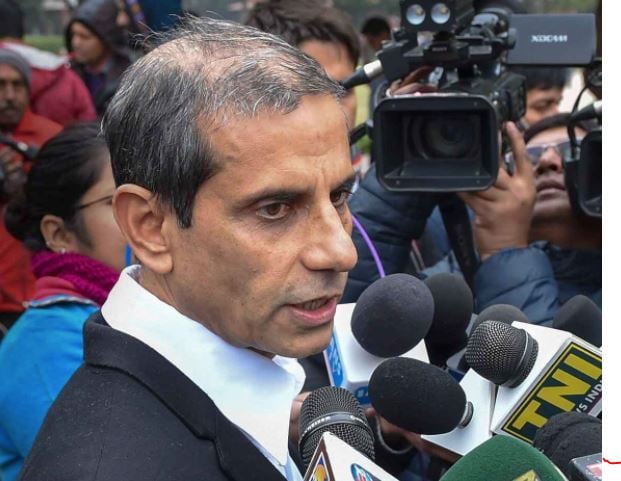The Bar Association of India has expressed its deep concern regarding reports of the search and seizure operation carried out by the Delhi Police on the premises of Delhi-based Advocate Mehmood Pracha.
In a statement signed by its president Prashant Kumar, the Bar Association of India (BAI) said it got the information that on December 24, 2020, the Delhi Police, conducted a 15-hour search of the offices of Pracha and seized data off his devices, acting under a warrant issued under Section 93 of the Code of Criminal Procedure, 1973. The BAI is concerned that the Delhi Police appears to have gone beyond the permission to conduct the “search” authorised by the warrant, by seeking to seize and copy data off the concerned advocate’s personal computer and other personal digital devices.
The BAI draws attention to Articles 16, 17, and 22 of the United Nations Basic Principles on the Role of Lawyers, which stress the need for governments to ensure that lawyers are able to perform all of their professional functions without intimidation, hindrance, harassment, or improper interference; and for governments to recognize and respect that all communications and consultations between lawyers and their clients within their professional relationship are confidential.
The Bar Association of India is also concerned that the warrant appears to have been issued without a reference to the importance of protecting the attorney-client privilege. It draws attention to the protections offered to privileged communication between attorneys and their clients, under Sections 126-129 of the Indian Evidence Act, 1872, as well as Rule 17 of Part VI, Chapter 2, Section II of the Bar Council of India Rules, 1975 which make it mandatory for a lawyer to protect privileged communications under Section 126 of the Evidence Act.
The BAI also considers it of utmost importance that any foray by any authority that has the potential to breach or dilute lawyer-client confidentiality must be done under the most exceptional circumstances, with compelling and valid cause duly recorded in a judicial order, that sets a strict perimeter to only access such necessary information or record that has a clear and direct nexus with the object of such a foray, and by setting personal responsibility on those in authority who carry out the mandate of such judicial order for anything done in excess and breach of it.
Also Read: Supreme Court upholds Bombay HC order denying admission to MBBS course over domicile
BAI-Statement-dt.-28.12.2020-1

